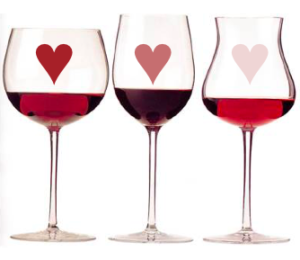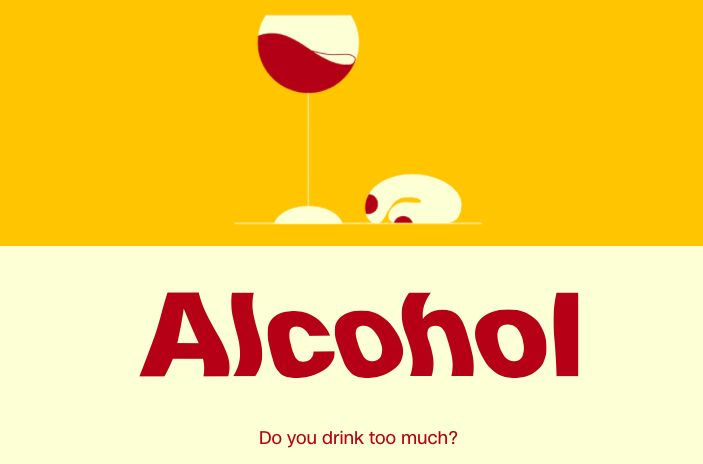The French Paradox:Is Red Wine Actually Good For Your Heart?

In 1991 the television program 60 Minutes speculated that French people’s consumption of red wine may be responsible for their low incidence of cardiac disease. Americans jumped on the bandwagon; red wine consumption in the United States rapidly increased 44%.
The following is condensed from Harvard Heart Letter by Julie Corliss
The evidence that drinking red wine in particular (or alcohol in general, for that matter) can help you avoid heart disease is pretty weak, says Dr. Kenneth Mukamal, an internist at Harvard-affiliated Beth Israel Deaconess Medical Center. All of the research showing that people who drink moderate amounts of alcohol have lower rates of heart disease is observational. Such studies can’t prove cause and effect, only associations.
Moderate drinking — defined as one drink per day for healthy women and two drinks per day for healthy men — is widely considered safe. But to date, the health effects of alcohol have never been tested in a long-term, randomized trial.
The French Paradox
The French Paradox refers to the notion that drinking wine may explain the relatively low rates of heart disease among the French, despite their fondness for cheese and other rich, fatty foods. Another argument stems from the fact that the Mediterranean diet, an eating pattern shown to ward off heart attacks and strokes, features red wine.
The French Paradox may not be so paradoxical after all. Many experts now believe that factors other than wine may account for the observation, such as lifestyle and dietary differences, as well as earlier underreporting of heart disease deaths by French doctors. What’s more, Dr. Mukamal notes, heart disease rates in Japan are lower than in France, yet the Japanese drink a lot of beer and clear spirits, but hardly any red wine. Read more
Back to




